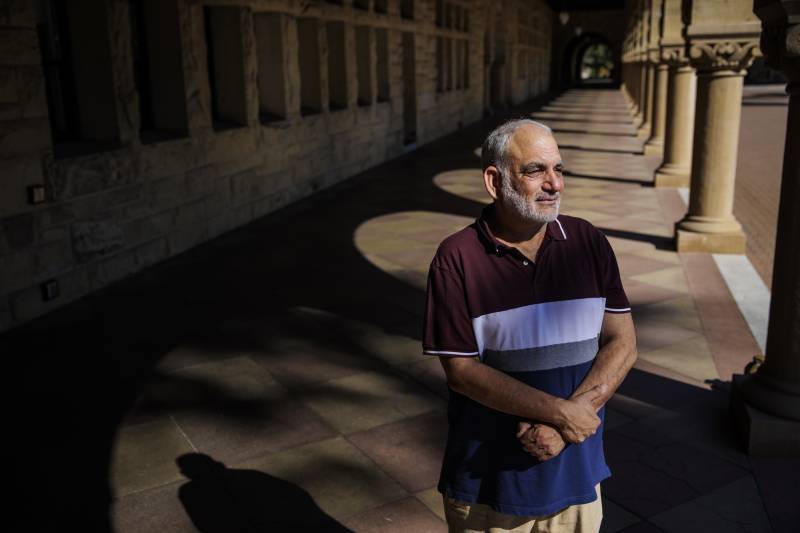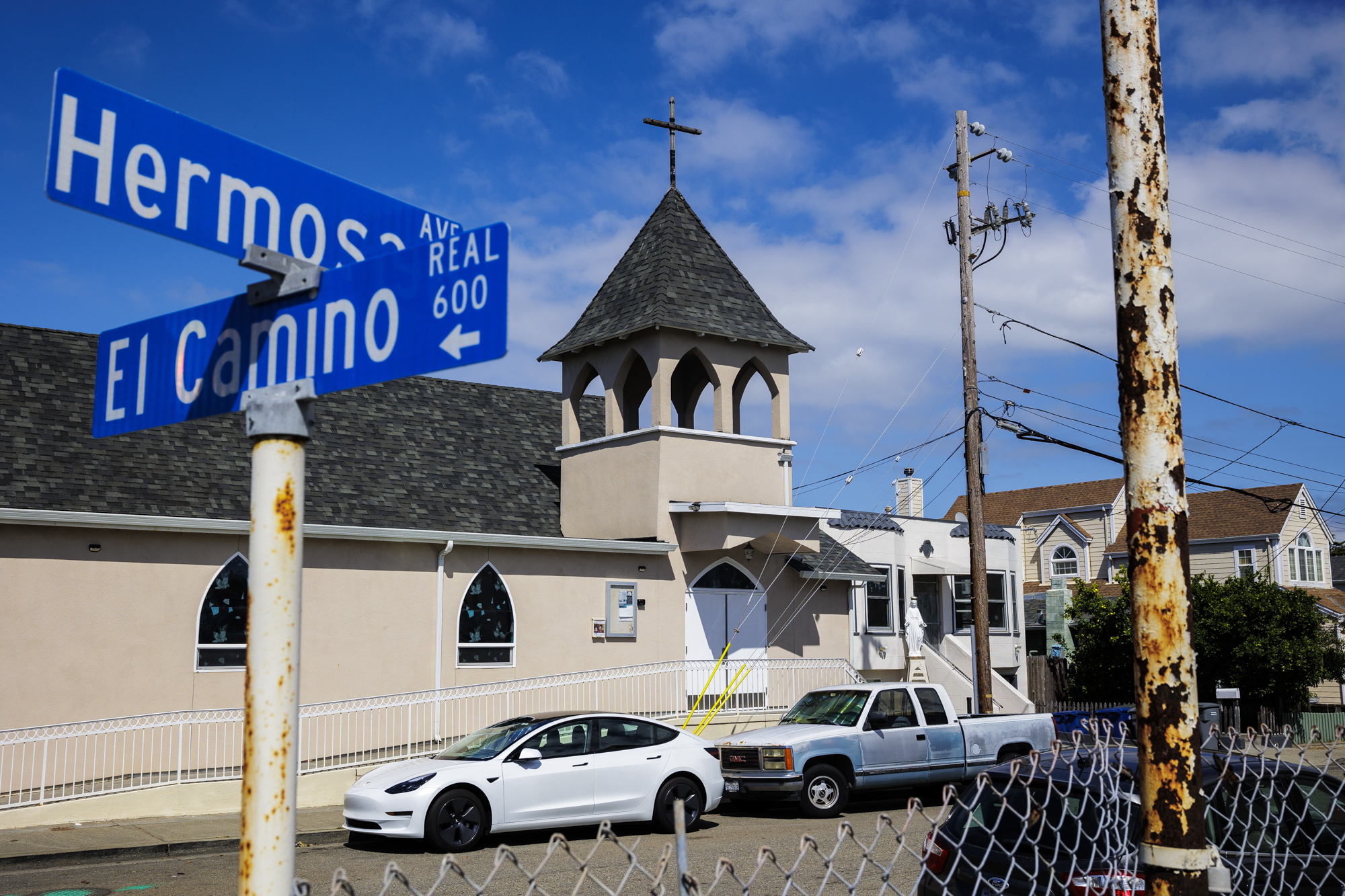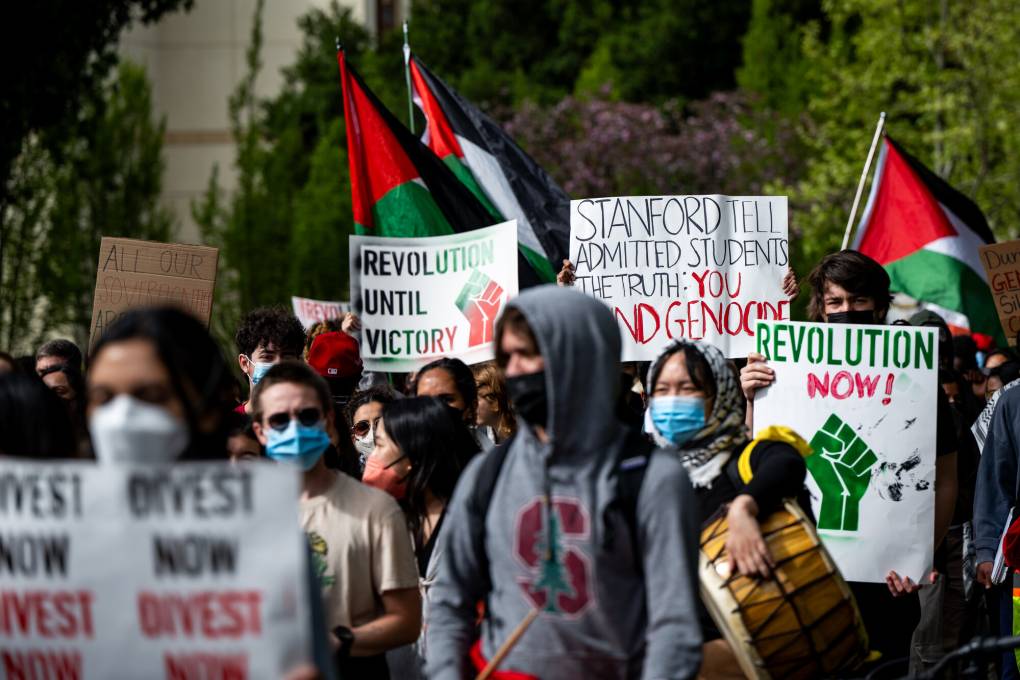Bordered by Syria to the north and east and Israel to the south, Lebanon was stable for three decades after gaining independence from France in the early 1940s. Salti recalled the outbreak of the Lebanese Civil War in 1975, which began as a clash between Lebanese Christians and the Palestine Liberation Organization. Then, the U.S., Syria, Israel and Iran got involved in the 15-year conflict that displaced nearly 1 million people.
Waves of Lebanese have left the country since. Many fled when Israel invaded and occupied southern Lebanon in 1982 and again in 2006 during the Israel-Hezbollah war. Hezbollah was founded after Israel’s invasion in 1982.
The history looms heavily over this week’s fighting.
“That’s been the story of Lebanon for the past 50 years,” said Kadi, who emigrated from Lebanon 24 years ago. “Every now and then, there’s been bombardment attacks or airplanes flying over our heads.
Younger Lebanese, like Azzi, have been traumatized by the periodic violence, as well as the port explosion that rocked Beirut in 2020.
“You can never plan for the future,” said Azzi, 27. “I grew up in a climate of instability, and it just feels like it’s been the same for as long as I’ve known.”
California is home to the second-largest Lebanese diaspora in the U.S. after Michigan. Thousands gather annually at the Bay Area Lebanese Festival held in August in downtown Redwood City. On weekends, Kadi and friends play soccer and cards together, and they meet on Sundays at Our Lady of Lebanon Maronite Catholic Church in Millbrae.
While Kadi isn’t part of a political organization, he and others in the community share their opinions about the inflamed tensions in the region.
“People see things differently, from different perspectives,” Kadi said. “Of course, people blame Hezbollah. But at the end of the day, it’s the bigger power who can actually serve justice.”
Several Bay Area politicians have called for an end to the violence. East Bay Congressman Mark DeSaulnier (D-Concord), who voted against providing offensive weapons to Israel earlier this year, is among the elected officials urging the Biden administration to pursue a ceasefire in the region.
“I’d like to see America assert that there has to be a regional and international pressure on both sides to stop and to get to a discussion about long-term peace, which means coexistence,” DeSaulnier said. “We’re tempting World War III. Not to be over reactionary, but smaller conflicts, as history has taught us, can escalate.”
In his final speech addressing the United Nations General Assembly on Tuesday, President Joe Biden said, “Nobody wants to see full-scale war.”
“A solution is still possible,” he added.
Both Salti and Kadi hoped for a stronger statement from Biden. As they wait for a ceasefire, they find hope in community and culture.
When he’s not teaching, Salti hosts a radio program and podcast called Arabology. Each two-hour episode is filled with facts about Arabic music and artists, woven through an array of indie-Arabic tracks and remixes.
He’s planning an episode on Lebanese music featuring, Salti said, “everything that’s beautiful about Lebanon, not the war and destruction.” Included in the mix is “I Love You, Lebanon,” a song released in 1970 by Fairuz, whom he called “the Diva of Lebanon.” The nostalgic lyrics summarize the love that a lot of Lebanese have for their country, Salti said.
“It’s a song about peace, about loving Lebanon through its best times and worst times,” he said. “It’s the best medication I could recommend right now in terms of Lebanese music that can be healing and empowering.”
KQED’s Carly Severn contributed to this report.



